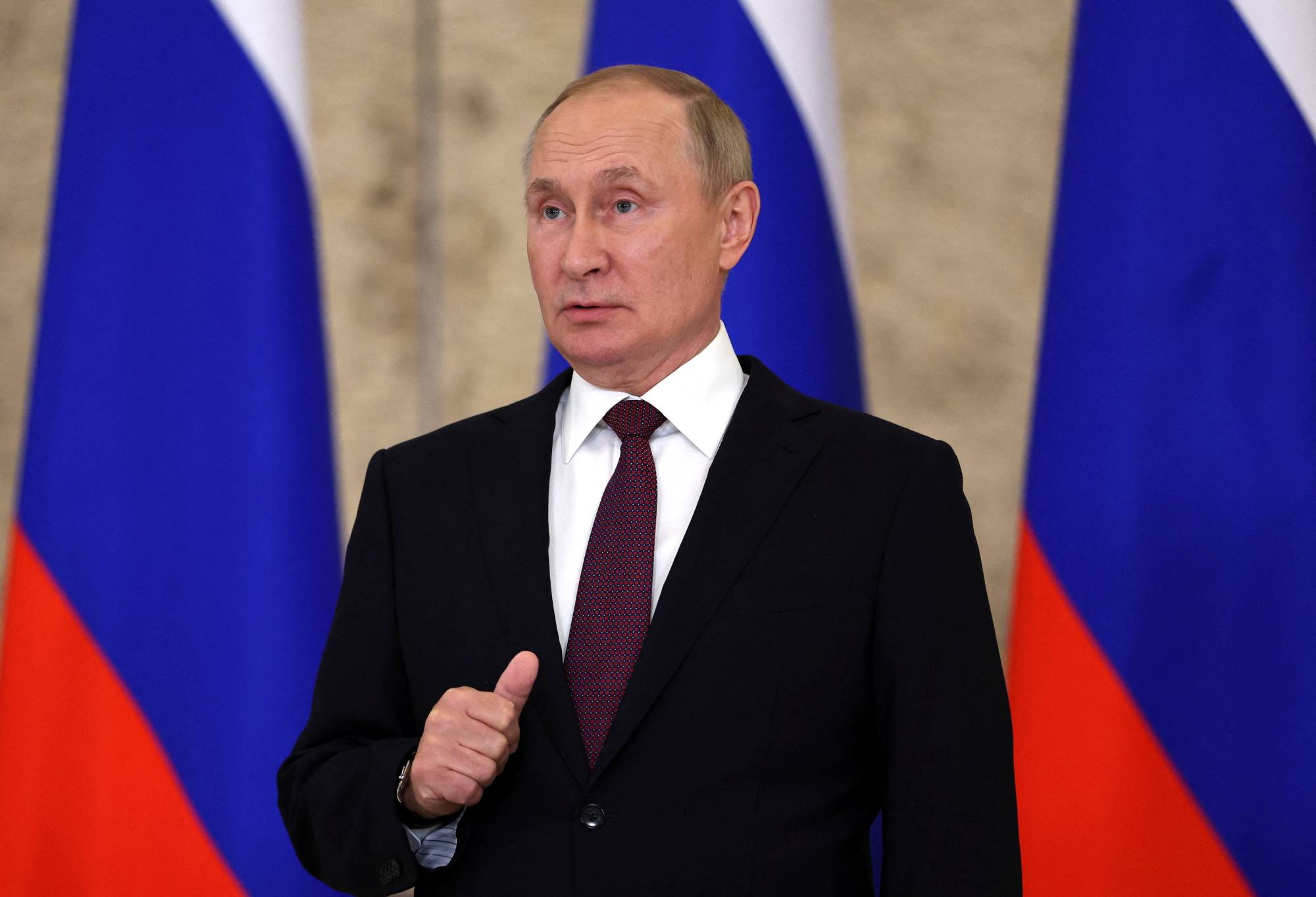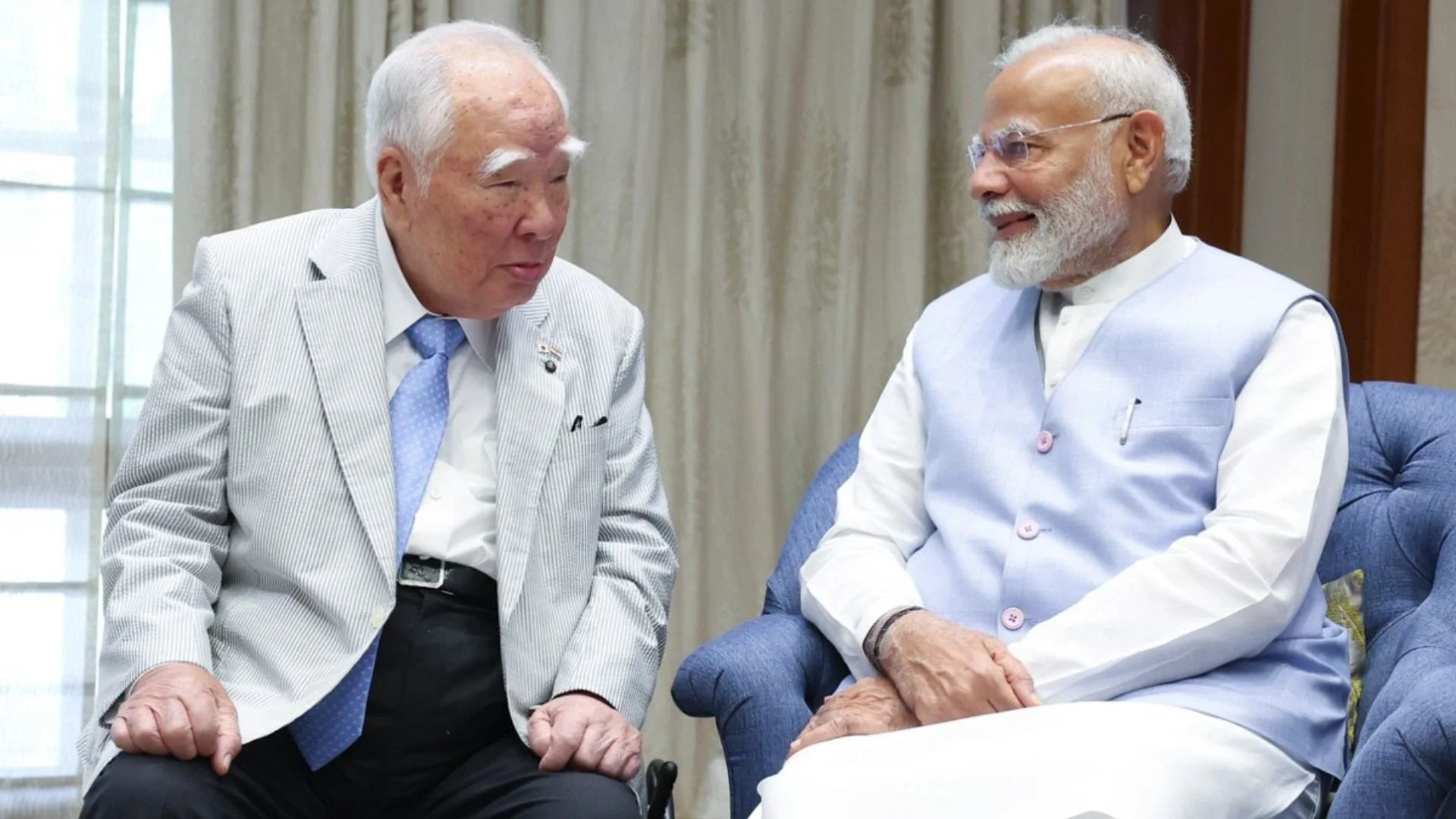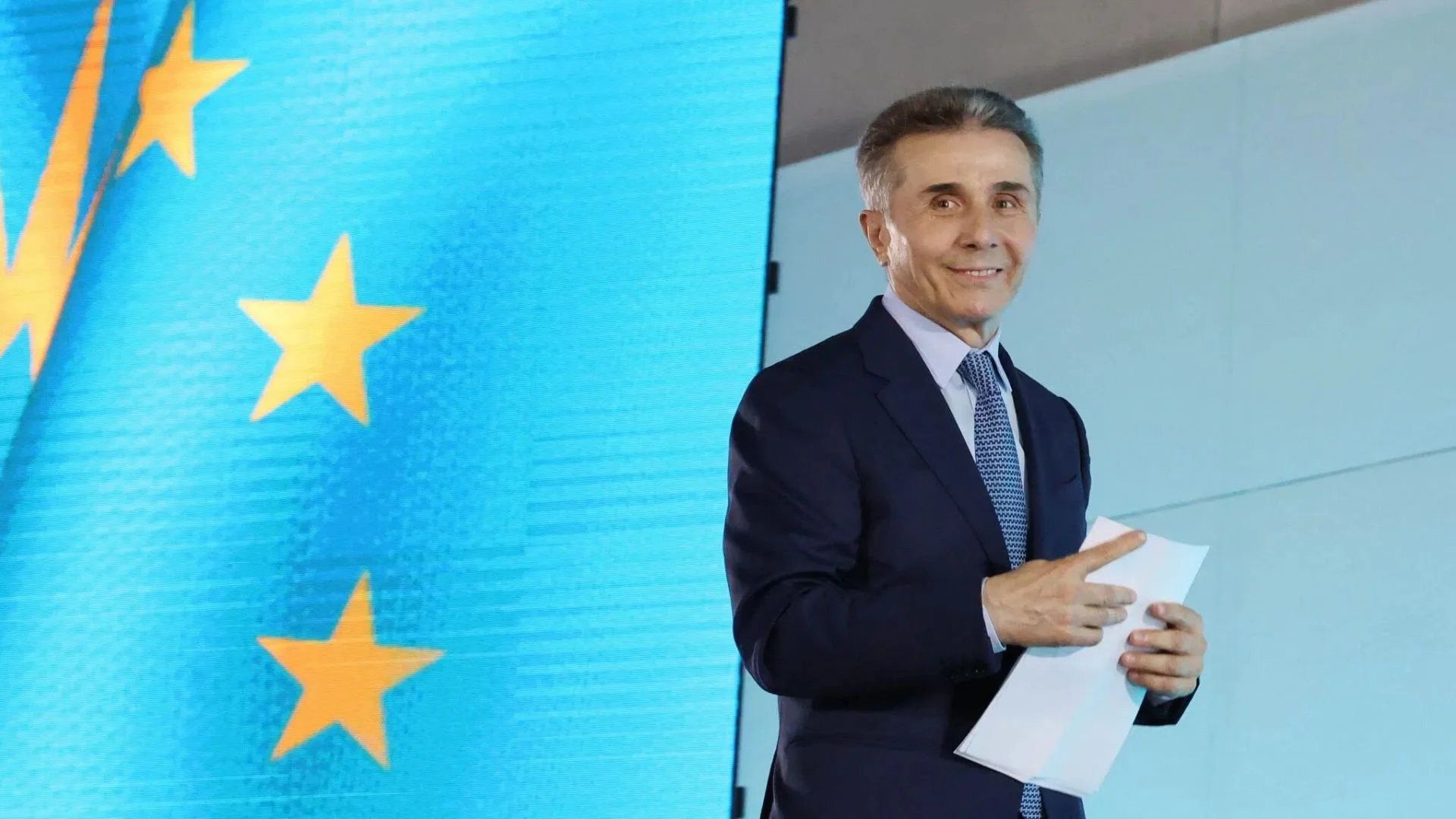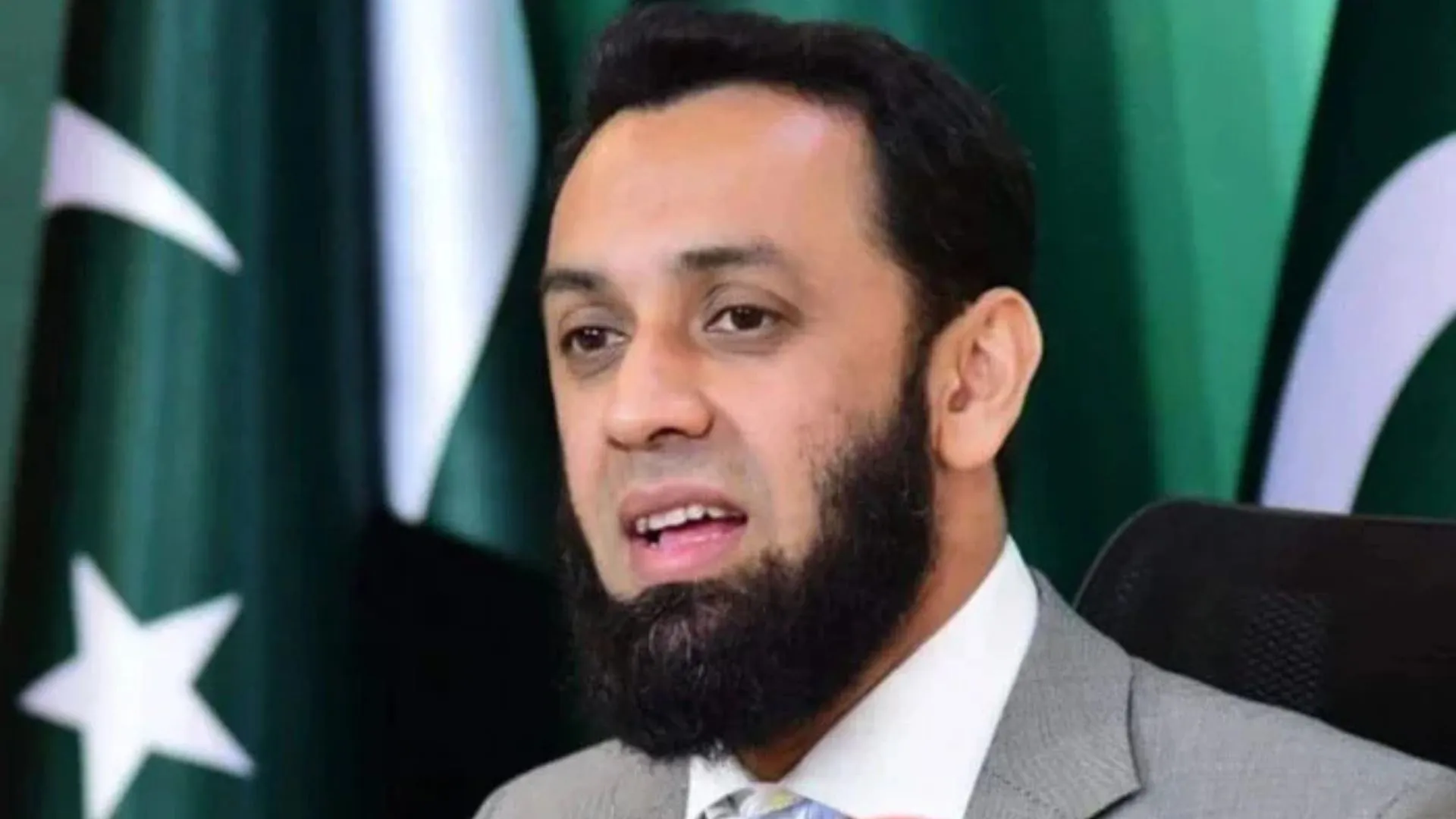The Russian President’s decision not to attend the BRICS Summit in August at Johannesburg has showed chinks in his armour, which has already suffered many blows during 2023.
Russian President Vladimir Putin has been forced to cancel plans to attend BRICS Summit in Johannesburg, next month, due to fears over war crimes arrest. Moscow feared that Putin might be arrested in South Africa for war crimes if he attends the annual event in Johannesburg.
The International Criminal Court (ICC) earlier in 2023 had issued an arrest warrant for Putin over his alleged role in the mass abduction of Ukrainian children. As an ICC signatory nation, South Africa would have been expected to arrest Putin if he entered the country.
Putin’s travel plans had put South Africa in a tough spot, as though it remains an ally of Russia, the relations between the two have gone cold since the start of the Ukraine War. Also South Africa didn’t want the relations to deteriorate further.
For months, South African diplomats tried to prevent a potential diplomatic confrontation with the Kremlin over the issue. The issued weighed so much on South African politicians that to avoid any unnecessary controversy, the South African President Cyril Ramaphosa even reportedly requested permission from the ICC for an exemption in order to avoid arresting Putin during the summit. With tensions mounting ahead of the summit, South Africa Deputy President Paul Mashatile admitted in a 14th Jul interview that the best option would be for Putin to stay away. “The Russians are not happy, though,” he commented, “They want him to come.”
The Russian strong man under whose rule Russia’s relationship with the Western bloc has reached it lowest point since after the Cold war, wanted his attendance at the BRICS Summit to show his internal audience that still Russia carries weight at the global level, in addition to showing to the western nations that Russia can survive their indifference by engaging with emerging non-western powers. To achieve these two objectives the Russian diplomats continued to pressurise their South African counterparts. To counter this, in a court affidavit made public earlier this week, President Ramaphosa had claimed any attempt to detain Putin could lead to war between Russia and South Africa. “I must highlight, for the sake of transparency, that South Africa has obvious problems with executing a request to arrest and surrender President Putin,” he said, as “Russia has made it clear that arresting its sitting president would be a declaration of war.” Though South Africa might have saved its relations with Russia, but in reality for the Russian government this has ended in a negative perception around Putin and the Russian might. Now the common Russian is aware that Putin is a declared war criminal, and though he might justify him not being so, using the state media machinery, the result is clear that Putin has not been able to achieve what he urgently wanted to prove to the western world. In the end, Russia was forced to end the speculation and declare that Putin would not be travelling to Johannesburg for the summit. Though salvage efforts are still on and Putin may address the summit leaders virtually.
The year 2023 has not been kind to Putin so far. First came the ICC decision in March to charge him with war crimes, resulting is severely damaging his reputation, then weeks later he was forced to announce cancellation of the traditional May Day parades in Moscow and around Russia, without giving any reason, but obviously it was done due to the shortage of troops and other military hardware being lost in the Ukraine war, as the rumour mills propounded. This also showed him faulting to maintain his authority and control of his country, in question. Later in June, units of Russian military-funded private paramilitary group, Wagner added to his woes, as reports of a mutiny and control of the county’s military control by Wagner troops emerged in the western media. Though the so-called ‘mutiny’ was suppressed but not before the world saw the mutinous troops controlling major Russian cities and marching within 200 kms distance of Moscow, perplexing both the western world, Russian citizens and pushing Putin to a tough spot, as various images showed Russian masses cheering-up the mutineers meaning lack of popular support for the iron man.
At the moment Putin looks his weakest during his 23-years as the Russian strongman. But these incidents might have forced him to reconsider plans to travel to South Africa, as his gamble to restore his international prestige might have cost him his country. As history tells us, most mutinies or coups happen when the dictators leave their country’s shores.
The whole episode has left Kremlin facing harsh realities and rather harsher measures needed to restore Putin and Russia’s image at the global level, which has certainly waned during 2023. The Russian disquiet is evident in the wordings of spokesman Dmitry Peskov, who commenting on Putin’s decision not to travel to South Africa used very severe wording: “In this world, it is absolutely clear to everyone what an attempt to encroach on the head of the Russian state means. Therefore, there is no need to explain anything to anyone here.”
Brave words indeed, but to restore his personal and his country’s image as a global power, Putin might have to resort to some quick and tough measures, the only concern is that this may not result in him committing a blitzkrieg against the Ukrainians. The coming days indeed might be tough for Putin, even putting his survival at stake.
(Asad Mirza is a Delhi-based senior political and international affairs commentator)

















